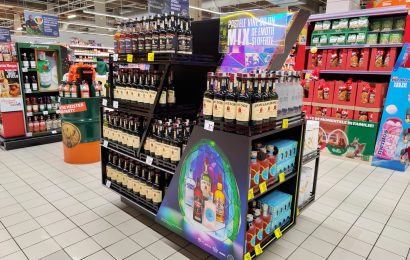Study: TV Commercials, avoided by 80% of Romanians
Romanian consumers are avoiding the TV commercials, with 80% of them switching the channel during the commercial breaks, a study by iSense Solutions shows. The study was presented during Digital Marketing Forum, event focused on online promotion organized in Bucharest, every year, by Evensys.
The main reason Romanians aren’t interested in TV commercials is that they consider the ads to be both boring and repetitive, as the study shows. In the same time, for the online browsing, two out of 10 Romanians have installed on their devices AdBlock type programs to avoid online ads.
Our data confirms that brands face more and more difficulties in reaching a consumer who lacks patience, who is multi-screen and multitasking and who doesn’t accept to loose his time any longer or to accept messages he doesn’t resonate with. This trend will reconfigure the marketing and advertising industry, because brands will have to focus on relevant content, adapted to targeted public’s needs and expectations
Traian Nastase,
Managing Partner iSense Solutions
During the commercial break, half Romanians are either eating or smoking, which show they focus on their pleasures and on their own person. In the same time, consumers are multiscreen during TV commercials, with 60% using their smartphone and 56% – the laptop or computer. Preferred are relaxation activities such are social media browsing (66% from smartphone and 70% from laptop/PC) or gaming (46% smartphone, 47% laptop/PC).
In the same time, 7 out of 10 consumers are talking to other people during the TV commercials and the main digital channels used for communication are e-mail and messenger, while 69% use the phone and 50% are sending SMS-es.
According to the same study, during TV commercials, consumers are looking for different info on smartphone (65%) or laptop/PC (72%), mainly info regarding weather (46%), sales / promotions (36%), health and healthcare (34%), sports (29%), jokes or horoscope (27%), trips and holidays (25%).
iSense Solutions points out that the info sources influencing consumers’ buying decisions regarding a product, no matter its type, are their own experience (59%), search engines (54%), recommendations from friends or relatives (50%), online stores’ websites (47%), websites belonging to crafters (43%), direct info from stores (41%) and evaluation websites (40%).
The study was made online by iSense Solutions for Digital Marketing Forum, on a sample of 500 people. The data is representative for people aged 18-65 y.o., living in urban areas. The data was collected in February 2016.






